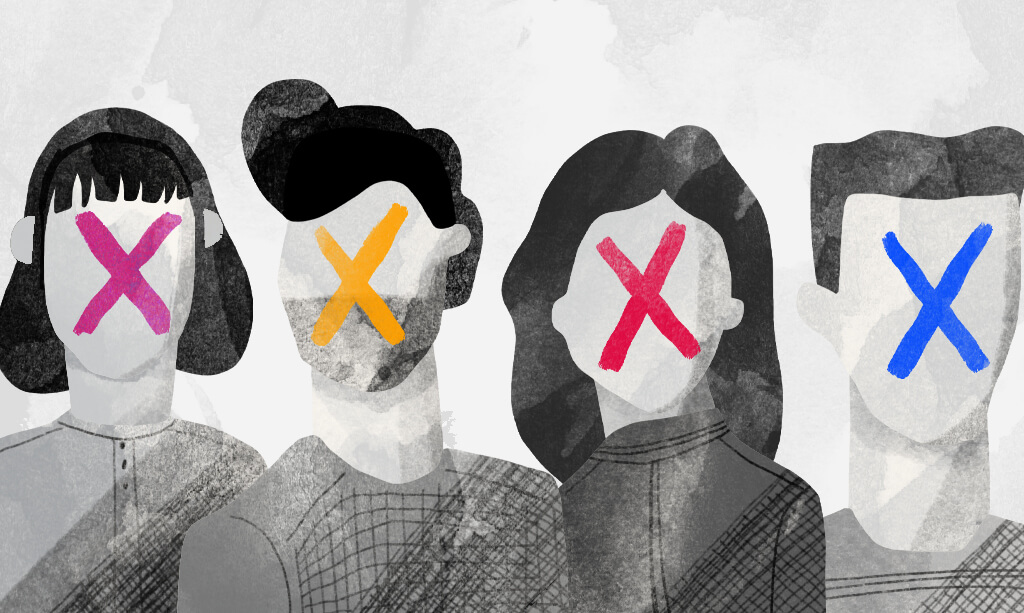
Most teenagers cannot wait until their 16th birthday because they can finally get their driving permit and start working toward getting their license. A new bill was recently proposed in Massachusetts that would reduce the driver’s permit age by six months. State Representative Steven L. Levy from Marlborough took his daughter’s sophomore US History class to the State House to speak on behalf of the new bill to lower the driver’s permit eligibility. To make better and safer drivers on the road, this new bill should be passed to increase the amount of practice time available for young drivers.
In 2008, 31 young drivers were killed in car accidents in Massachusetts. Statistically, teen drivers are four times more likely than other drivers to crash. But if this new bill passes, students will have more time driving with supervision, and the statistics might change for the better. More time behind the wheel would give junior operators more experience and make them feel more confident when they actually get their license. The license age would not change under the proposed bill; teens would still have to wait until they are 16 and a half. But the goal, after the year passes, is to have new drivers feel more comfortable behind the wheel and for them to be, overall, safer drivers.
Freshman Kyle Robbins believes the permit eligibility age should be lowered. “Most all 15 and a half year olds are either freshmen or sophomores in high school so they have enough responsibility to have their permit,” he said. Once in high school, most kids have gained the maturity to learn how to operate a vehicle, so making them wait until they are 16 would not only be depriving them of extra practice, it would be an unnecessary waste of time.
Also, the new bill calls for switching the hours required for student drivers to take a classroom course and the actual driving hours with an instructor and with parents or guardians. It would flip-flop the current policy mandating 18 hours in the car and 30 hours in the classroom. The driver’s education course is definitely necessary in order to teach new drivers about the rules of the road, but 30 hours is too much time just to learn the textbook information. The majority of the time is a waste, and only a few classes and tests are necessary to teach teens everything they need to know. Some of the movies shown in the classroom can be overwhelming as well, especially the ones with the graphic injuries resulting from car crashes. More hands-on practice is needed to make new drivers safe and feel more comfortable in the car.
This switch is extremely beneficial to young New England drivers because they live in a location where there are a variety of weather types year-round. In the 365 days that would be between the permit and license stage, junior operators would have had a chance to drive in rain, sunshine, fog, and snow storms, and would learn to maneuver a vehicle securely in all of them. Under current law, if a students receives their permit in March, after completing the classroom and driving hour requirements they would get his or her license six months later in September. This new driver would be faced with quite a shock when they attempt to handle driving in the snow. The new law will ensure drivers are comfortable in winter weather. Other states like West Virginia, Texas, Florida, Maine, and many more require new drivers to wait a year before being eligible to get their license.
In addition, Massachusetts is one of only eight states that requires teenagers to be 16 before getting their permit. This archaic rule needs to be updated to go along with the rest of the country in letting teenagers get their permit before age 16. The purpose of this bill is not to rush new drivers into learning how to drive earlier; it is to look out for the safety of the teens as well as everyone else in the state. If this bill is passed and ratified, then Massachusetts will start replacing inexperienced and reckless drivers with safe and confident ones. The law could significantly decrease the amount of car accidents and deaths due to reckless driving which would make the state a safer and better place to live. To produce safe drivers who have had plenty of practice and can drive with less chance of danger, Massachusetts needs to lower the learners permit age to 15 1/2.









